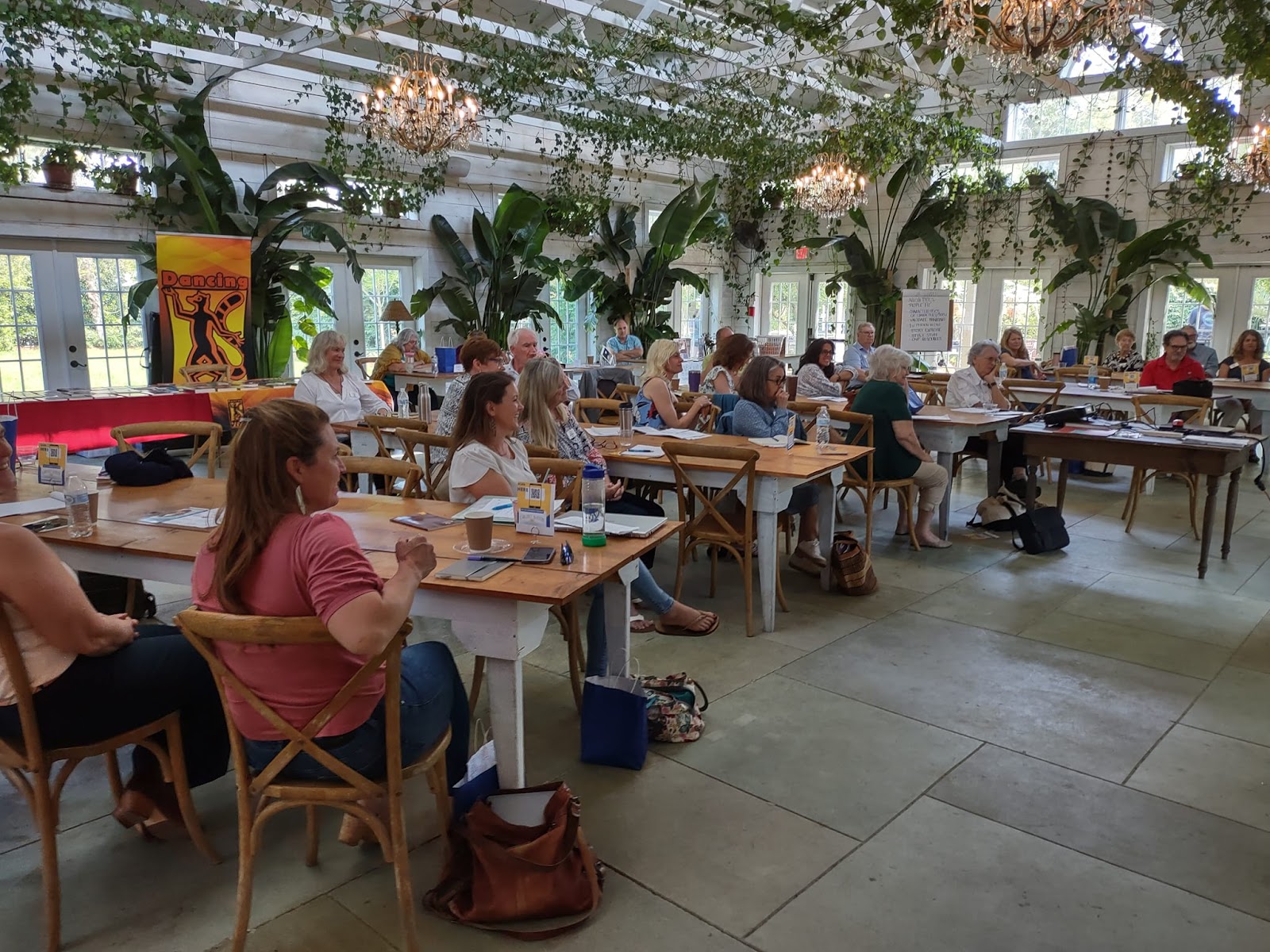There’s an excellent op-ed piece in Saturday’s Washington Post entitled “Limiting What Novelists Write About Won’t Help Readers”. The column talks about how a writer can no longer depend on his or her imagination. According to the emerging social climate, one must only write about what one knows.
Yes, I’ve heard that old, tired cliché, “Write What You Know.”
Boloney. Writers use their imagination. Did Tolkien live as a hobbit? Did J,K.Rowling live in a wizarding world? Did George R.R. Martin ride a dragon?
Was Pat Conroy Black? Was he ever a slave? No? And yet he wrote The Confessions of Nat Turner.
Could he have published that book today? I seriously doubt it.
According to the Washington Post piece, the “literary dark age” started in 2020 when Jeanine Cummins published American Dirt. It’s a story about undocumented immigrants, a woman and her son, were forced to flee when the woman’s husband, a journalist, exposes a drug cartel.
The book was picked as an Oprah Book Club selection, it was on the New York Times bestseller list, selling three million copies in 37 languages. It was an unqualified hit.
And then it wasn’t. Cummins and her publisher were the victims of public blowback. Cummins wrote from the viewpoint of the immigrants…and the author is white and from New Jersey. Her book tour was canceled.
In my series of mysteries, I write in the first-person viewpoint of Geneva Chase, a female reporter. I’m very lucky that I’ve received mostly good reviews and that most of my readers are women. I have, however, gotten reviews labelling me as a misogynist and one review in particular, was unusually harsh: “I hate this book with a passion. While the murders were initially interesting the main character is so obviously written by a man it’s vomit inducing.”
As I said, my books have garnered hundreds of good reviews. But you know, it’s the bad ones we remember.
And I’ve also been criticized for a single paragraph I wrote about Fox News in my book Random Road. It was a single sentence and it’s been described as being overtly political. It wasn’t…but yeah, it kind of was.
I write about current affairs. They’re things that concern me like climate change, sea level rise, school shootings, LBGTQ issues, and sex trafficking. They’re subjects I think are important.
Write what you know? I don’t think so.
How many mystery writers have actually murdered someone? Hint…I’m hoping the percentage is really, really low.
And that brings us book banning. According to PEN America, these are the subjects most often banned in schools and some libraries:
o Titles that deal explicitly with LGBTQ+ topics, or have LGBTQ+ protagonists or prominent secondary characters have been a major target in the current wave of book bans. This is reflected in the Index, with 379 such titles (33%), including a distinct subset of 84 titles that deal with transgender characters and topics (7%).
o Fiction novels and non-fiction books with protagonists of color also made up a significant part of banned books in the Index, including 467 titles (41%).
o Books dealing with Jewish and Muslim characters and religious/ethnic themes have also been targeted, with 18 titles listed in the Index.
In some school districts, even some classics have been banned at one time or another, such as The Great Gatsby, Catcher in the Rye, To Kill a Mockingbird, Of Mice and Men, Handmaid’s Tale, and Slaughterhouse Five.
Pat Conroy once said, “Fiction is where I go to tell the truth.”
Let’s hope the pendulum swings back to center again sometime soon and our imaginations run wild.























